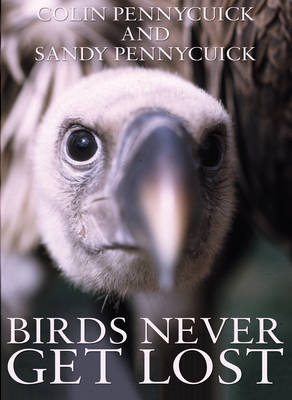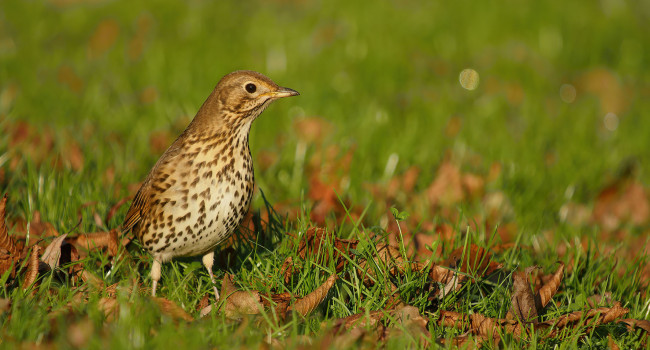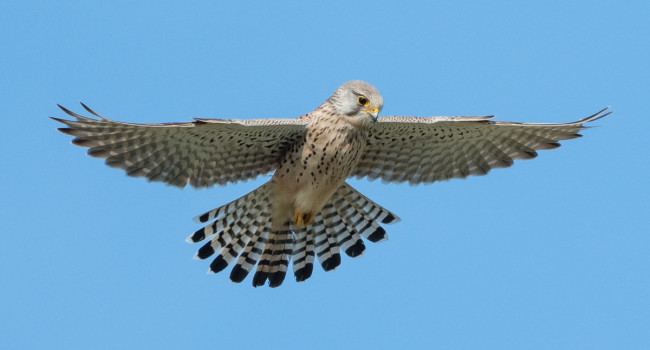
Publisher: Matador
Publication Year: 2015
Binding: 1
Page Count: 178
ISBN Number: 9781785890482
Price: £12.99
Birds never get lost
Professor Pennycuick is a leading authority on the flight of birds (and bats) and has also made significant contribution to our understanding of bird migration. The title of this new book, written jointly with his wife Sandy, suggests an exploration of bird migration and, in particular navigation, but the text ranges much more widely than this. In fact it is more about the mechanics of flight, with the subject of the title not appearing until page 151 and then only occupying the following eight pages.
While the text introduces some of the technical elements related to flight, such as maximum-range speed, fuel fraction and minimum power speed, these are sat within a personal narrative, reflecting on a long career and exploring some of the authors experiences, including as a pilot of small fixed wing planes. This means that we also learn about the Serengeti and its lions and about soaring flight in storks and vultures.
While the text is engaging - and I did enjoy the book - it does lack a clear narrative flow; the authors go off at a tangent at times, breaking into the middle of topics with an aside that breaks the flow and makes it difficult to take on board the point being made. I suspect that the lack of editorial input may be behind this and it would also explain some of the inconsistencies in the use of grammer and spelling, e.g. 'birdwatcher' and 'bird watcher' both appear within a few pages of each other.
The book also shows some of the other traits of self-publication in the poor page layout - the leading (space between the lines) is far too big - and the poor quality of many of the photographs - the Willow Warbler on Page 1 is a shocker. Had the book been through a mainstream publishing house then it would have been a more coherent and readable account of avian flight, supported by an engaging and more personal narrative around the career of a researcher with a succession of important peer-reviewed publications to his name. It might also have had a title that better reflected the subject of the book.
Book reviewed by Mike Toms





Share this page